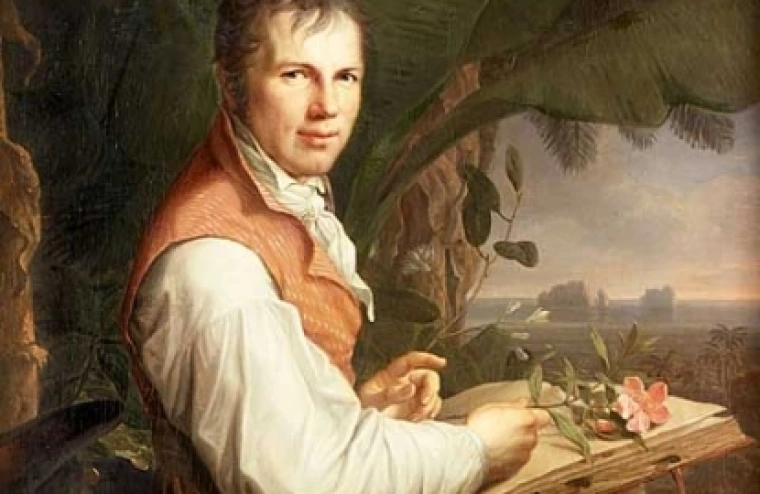Presented by James F. Howell, PhD Candidate in Transcultural German Studies
Alexander von Humboldt is a geographical fixture of the Midwestern and Western United States: there are towns, counties, forests, rivers, mountains, bays, and universities named after him. Although he was one of the most recognized and admired figures in American culture during the nineteenth century, he is relatively unknown today, even in communities which bear his name. This presentation intends to describe the ways in which the Humboldt "site of memory" has been remembered, forgotten, and is being re-remembered in the United States. This process of American cultural memory will also be compared to the Humboldt memory site in the German-speaking world in an attempt to investigate the possibility of transcultural memory and transcultural memory sites more generally.


